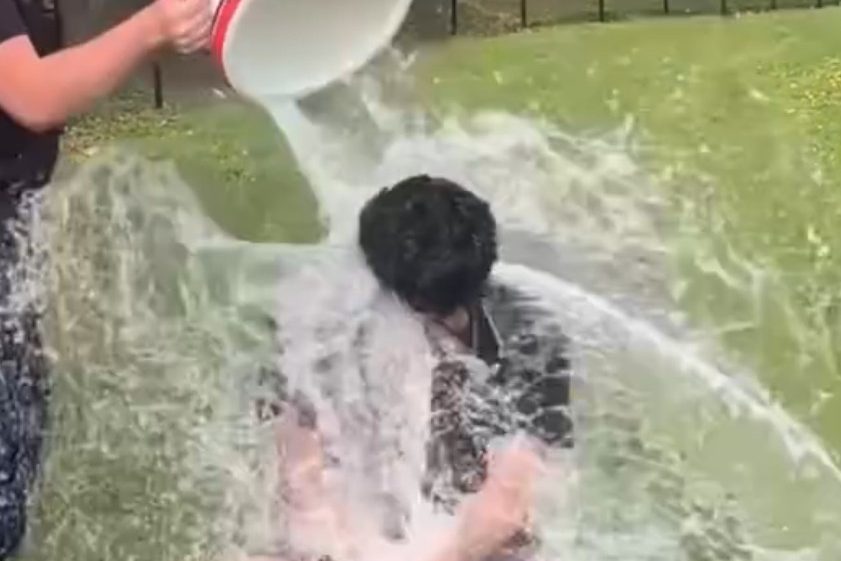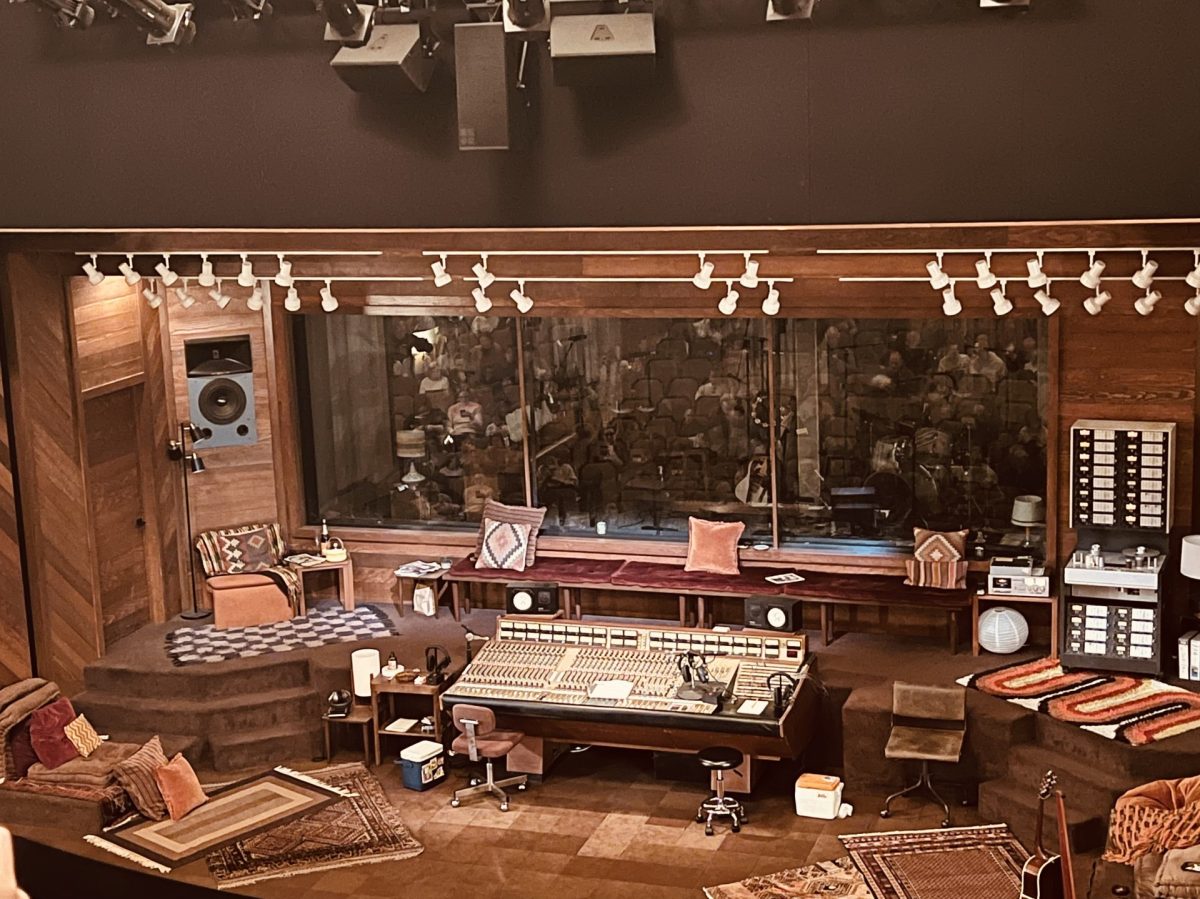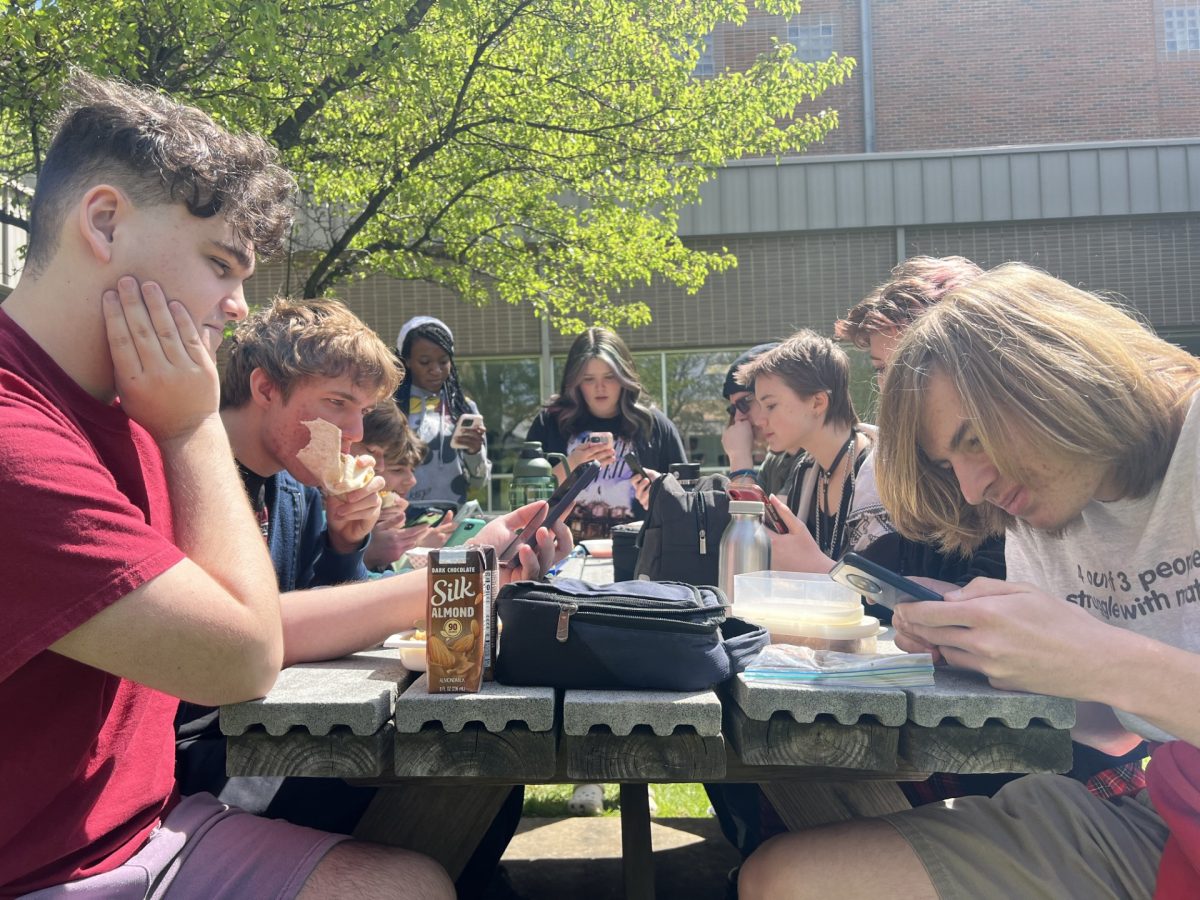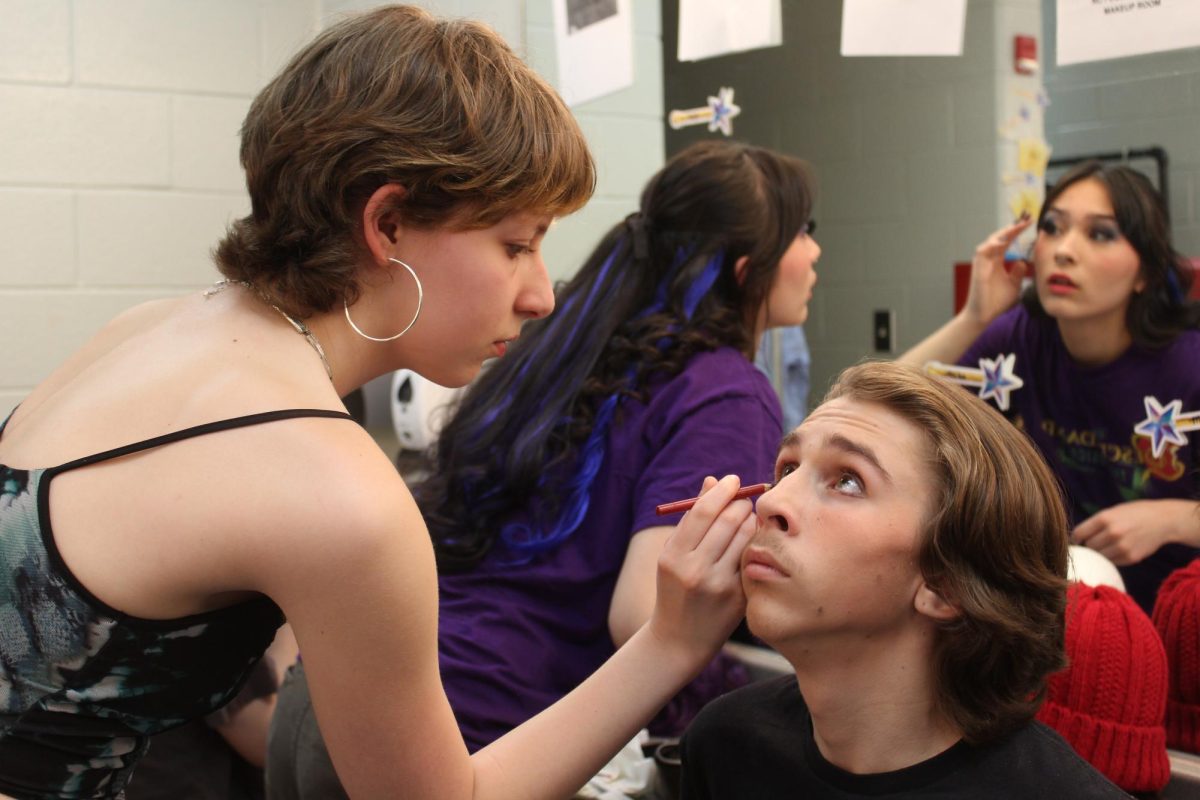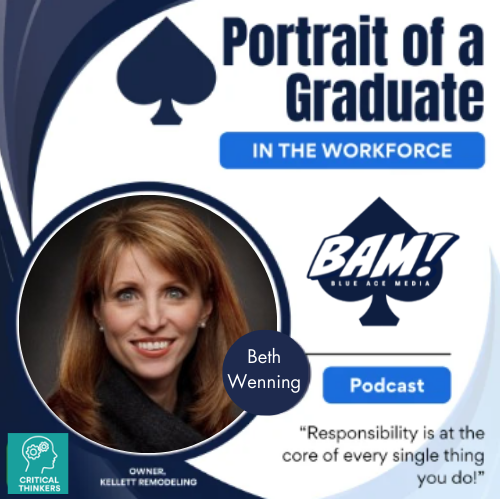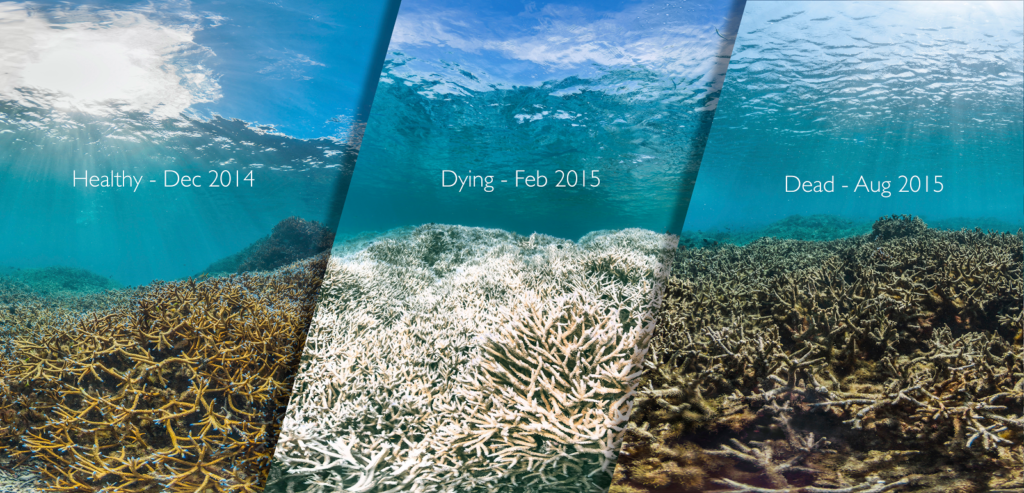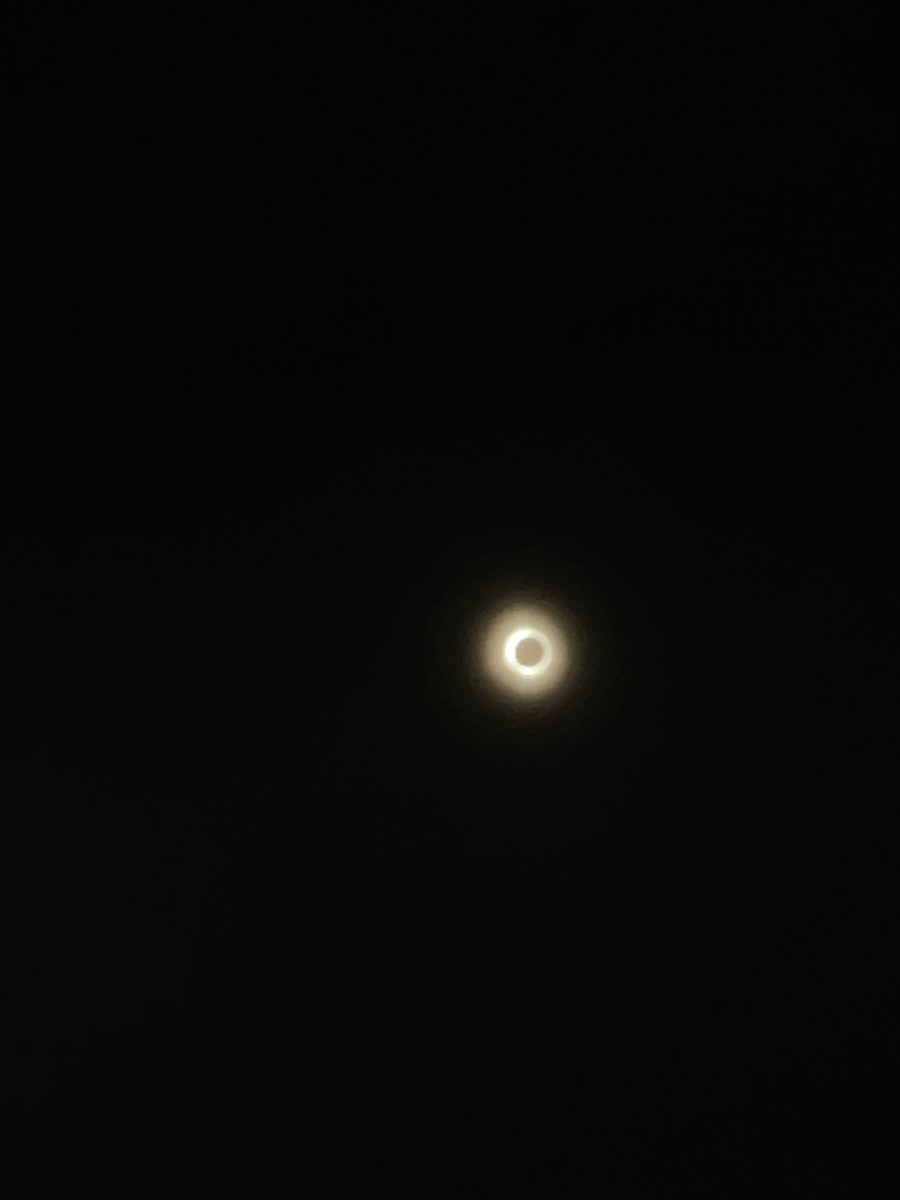BY KYLEE MCFARLAND (‘18)
An underwater structure made of more than 2,500 different calcium carbonate polyps supports a variety of different sea-grass, fish, eels, lobsters, shrimp, rays and many more species. Coral reef ecosystems take up a very small amount of the ocean, but hold 25% of the world’s marine life. The problem is, they are being threatened by human activity and continue to disappear at an alarming rate.
Many tropical countries in areas like the Caribbean and Indo-pacific depend on their offshore reefs for a number of reasons. One is that they protect their shores from hurricanes by absorbing the blow. Along with protection they provide economic benefits as well. Commercial fishing and tourism make up a large amount of their income.
Researchers are constantly looking for new ways to develop medical practices. Many believe creatures like the octopus, fish, and even the coral itself could hold the answers. Coral reefs play a major role in medicinal discovery and human health.
For example, an enzyme found in coral is used in medications for inflammatory disorders like asthma and arthritis. There are many more studies that have been proven and many more in the experimental and research process.
Over-fishing and destructive tourism are major problems in sustaining the food web, reefs need to stay healthy and beneficial.
When native fish are taken out of the web, this leaves room for invasive species to become overpopulated and take over. Scuba Divers and boat anchors crush the corals needed as the base of the whole ecosystem.
Without the coral there is nothing for the herbivores to eat and without the herbivores there is nothing for the carnivores to eat. All of these species depend on the coral to support one of the oldest ecosystems in the world.
Another issue that impacts the base of reefs is climate change. The rising ocean water temperatures are causing coral bleaching and algae to bloom and weaken coral structure.
A common misconception is that bleached coral is dead. They are not, however. Bleached coral are extremely dry and easily susceptible to diseases. At this point the coral is vulnerable and would be difficult to restore.
Imagine coastline vacations without lobster dinners and snorkeling. Imagine a world where your children wonder what a dolphin or a seahorse is. Millions of different species would disappear, resulting in major issues. But it is not too late to help.
From Ohio the best things you can do is spread awareness and conserve water because the less water you use means less waste getting into the oceans. This water can travel through your local streams and rivers into the Ohio River, which leads into the Mississippi River and eventually the ocean and has a larger impact than many would believe.
When you go on vacation to any coastal regions you can help in the same ways. You can also recycle and reduce carbon emissions by biking and hiking. You can support reef-friendly businesses like restaurants that do not sell threatened species and snorkeling places, aquariums or hotels that protect the ecosystem. You could even volunteer to actually clean up the reefs you visit.
Click on the link for more ways to help!







